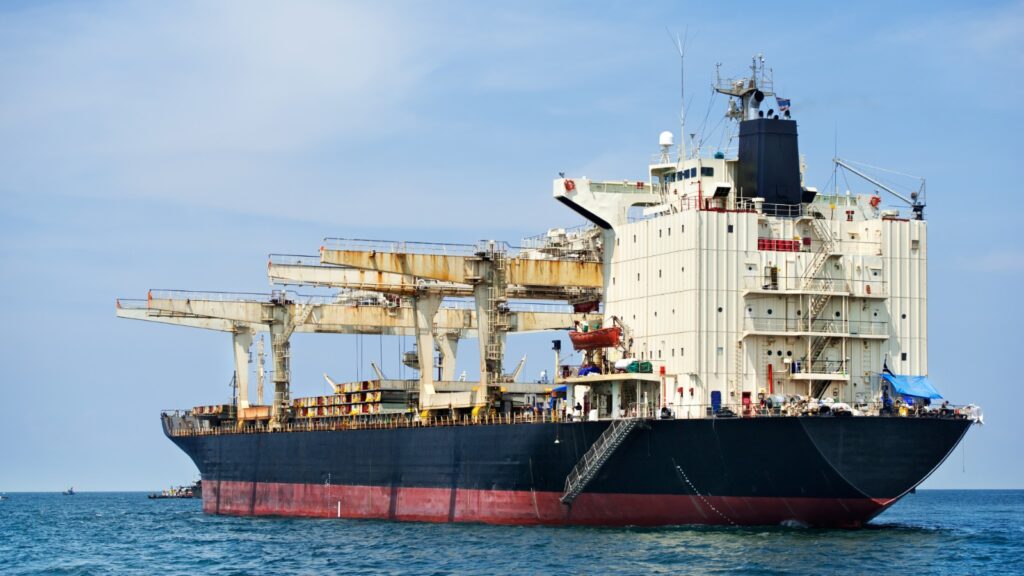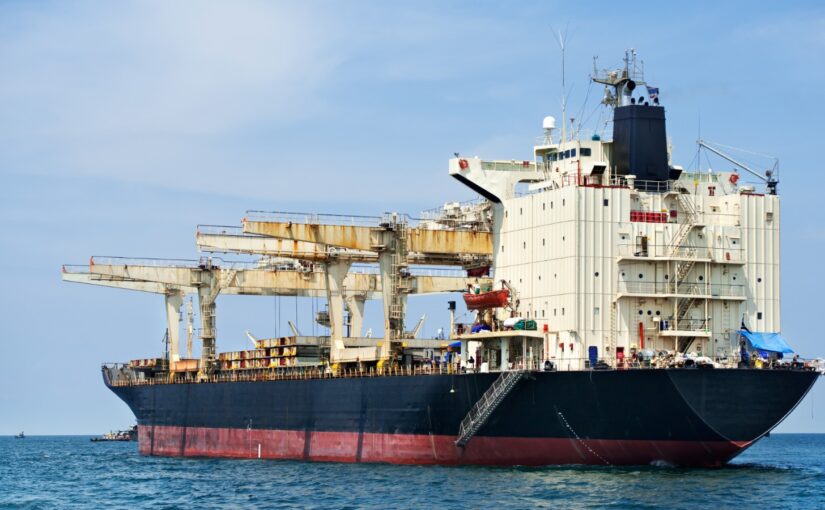Safety, efficiency and reliability are the core demands of the modern maritime industry. In view of the shipping companies and marine businesses in order to maintain their vessels and equipment in optimal standards, the role of Testing & Commissioning becomes critical. The forefront of this critical phase is Sun Marine Engineering, a respected provider with vast marine engineering solution expertise. In this article we’ll talk about what Testing & Commissioning means in the maritime context and how Sun Marine Engineering is taking it to a next level with their meticulous approach to the most critical service in the lot.
Understanding Testing & Commissioning in the Marine Industry
Basically, testing & commissioning is a set of procedures which test the vessel’s equipment and systems for the functionality, reliability and safety of that equipment and its systems. It is crucial because the process makes sure every installed system meets industry standards, as well as client specification or regulatory standards before the vessel takes to the sea. Ensuring that vessels are robust and operate efficiently in conditions that are anticipated and not so anticipated is the cornerstone of marine safety: proper Testing & Commissioning.
Testing & Commissioning acts as a measure for vessel owners, operators and crew to be certain that during the start and the operation of their system there will be no breakdowns and no expensive downtime. Given its importance, the industry works toward thorough complete Testing & Commissioning rendering every part from the engines and generators to the navigation and safety systems work in harmony to avoid potential hazards while also ensuring efficiency.

The Importance of Testing & Commissioning for Marine Safety and Efficiency
Achieving marine safety and operational efficiency is reliant upon testing & commissioning. However, Testing & Commissioning benefits are not only to vessel but also encompass environmental, economic factors. Here’s why Testing & Commissioning has become a non-negotiable step in marine operations:
- Safety Assurance: Testing & Commissioning (right) does rule out risk assurance and proper compliance with safety regulations in order to save crew and cargo.
- Operational Reliability: Testing & Commissioning is the act of confirming that equipment does what it’s supposed to do, and while this might seem obvious once you get going there is no doubt that it reduces the risk of equipment breaking in ways that cause costly delays and repairs.
- Regulatory Compliance: The marine operators however must meet their global minimum safety and environmental standards, such as the International Maritime Organization (IMO). Testing & Commissioning makes sure vessels obey to these regulations and avoid penalty and operational outages.
- Fuel Efficiency: Calibrated systems save on fuel costs without sacrificing performance, and they aid operators in saving through fuel consumption and emissions reduction, both of which help with fuel efficient sustainable operations.
- Prolonged Equipment Lifespan: Through Regular Testing & Commissioning, issues such as minor disrupts can be detected and addressed before they snowball and equipment will last longer, and of course, at lower cost.
Conclusion
Testing & Commissioning has become a critical phase of marine vessels in a field where safety, efficiency and reliability are essential. Under the Sun Marine Engineering’s robust protocols and determinations on excellence, it’s making new standards for Marine Testing & Commissioning. Their specialized services are not just to see a vessel ready as soon as possible, but also for maintaining the safety, fuel efficiency and operation reliability of the vessel over the time. Partnership with Sun Marine Engineering for Testing and Commissioning is an investment in safety, efficiency and peace of mind for maritime companies that put quality and compliance first.


